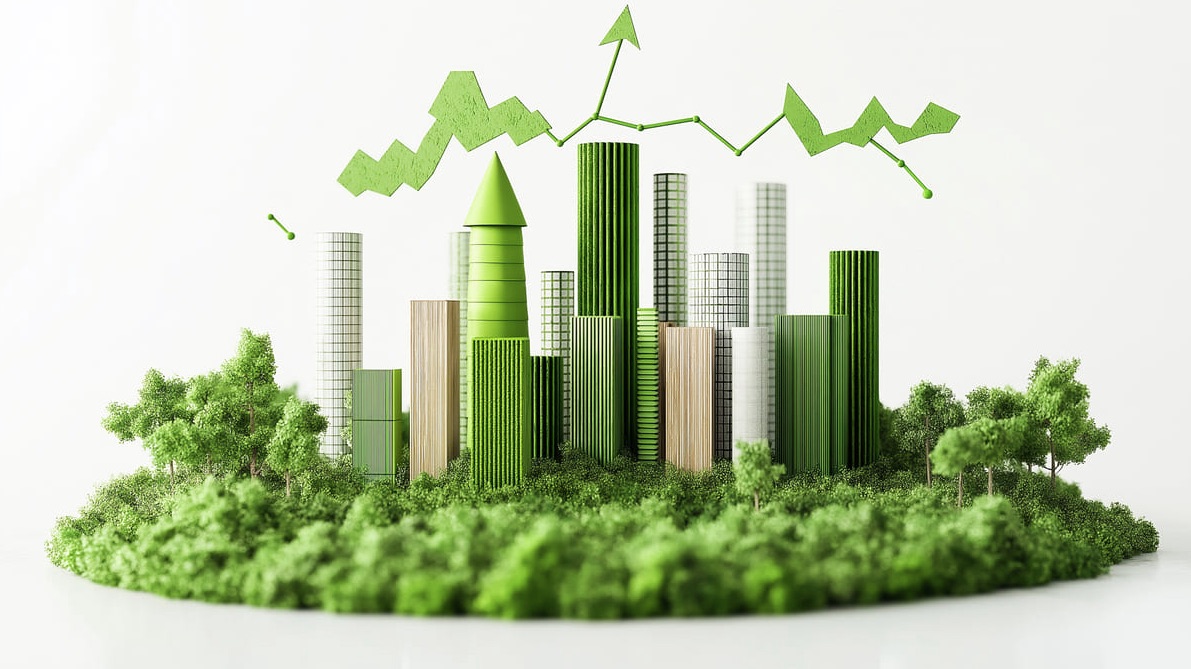
Increasing GDP while reducing greenhouse gases. The decoupling of the economy from climate-damaging emissions is a well-established reality for 30% of the regions in the world. However, despite this achievement, the speed at which new areas are able to achieve decoupling is too slow to meet the climate goals of the Paris Agreement. Less than half of the regions analyzed will be able to reach net zero by 2050. This is the conclusion of a study on the progress of green growth globally, conducted by the Potsdam Institute for Climate Impact Research (PIK) and published in PNAS.
Green Growth and Decoupling Trends Around the World
PIK researchers used an innovative approach to assess the state of green growth globally. Unlike previous studies on decoupling, which focused on countries or individual cities, the authors of this study analyzed the economic results over the last 30 years in 1,500 subnational regions. This approach provided more granular data while maintaining a global perspective. The regions considered all had growing per capita regional GDP and together accounted for 85% of global emissions.
“We found that 30% of the regions with available data have fully decoupled carbon emissions from economic growth,” says Anders Levermann, co-author of the study. The most successful cases? Regions with high incomes and a presence of carbon-intensive industries.
The study reveals that most regions in Europe have now reached mature green growth, with an absolute level of decoupling. Decoupling is complete across much of Central and Western Europe, including Italy. Eastern Europe and, partially, Spain, show less consistency, with few decoupled areas and many where emissions and GDP are still strongly linked.
The United States follows a similar trend to Western Europe. In contrast, most of China shows a relative decoupling. Relative decoupling occurs when both economic growth and fossil fuel consumption continue to rise, but at different rates, with economic growth outpacing the increase in emissions.
The PIK also projected future trajectories, estimating when the analyzed regions could reach net-zero emissions. Less than half will achieve this by mid-century. “Developed countries seem able to reach these goals sooner than others, but overall, recent trends appear inadequate to reach net-zero by mid-century in most regions,” concludes Maximilian Kotz, co-author of the study.